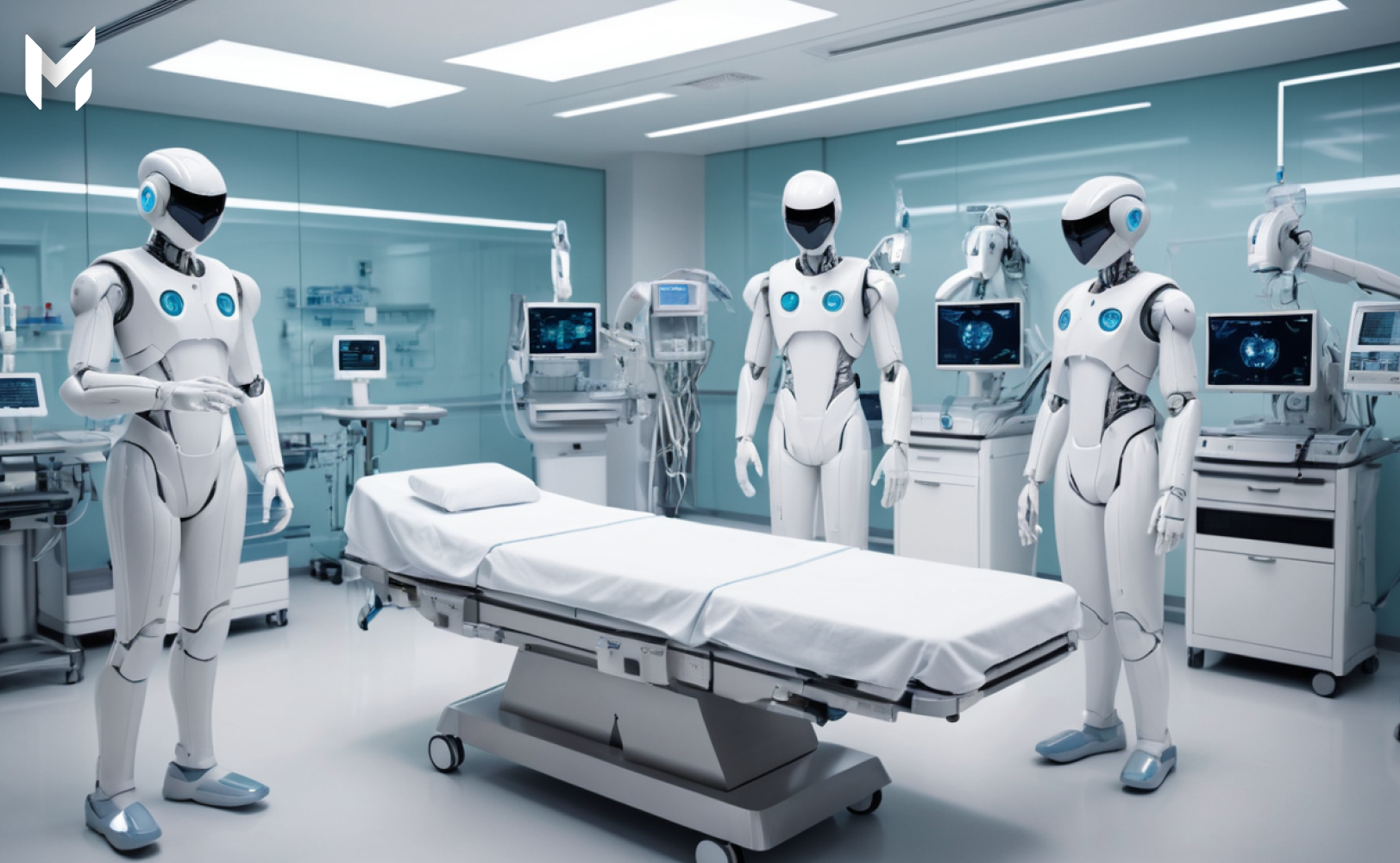
China has unveiled the world’s first hospital entirely powered by artificial intelligence, marking a major shift in healthcare. Developed by academics from Tsinghua University, the “Agent Hospital” is a virtual medical institution where AI doctors can treat up to 10,000 patients in just a few days—a task that would take human doctors nearly two years. This innovation not only redefines healthcare delivery but also has the potential to transform medical education.
AI-based hospital models could revolutionize healthcare worldwide, especially in areas suffering from a shortage of medical professionals. With AI-driven tools for diagnosis, treatment planning, patient monitoring, and administrative support, these systems can help close the gap between healthcare supply and demand. Operating 24/7 without fatigue, AI hospitals can deliver consistent quality care even in remote or resource-limited regions.
By automating routine tasks, streamlining operations, and optimizing resources, AI hospitals can reduce costs while improving accessibility. Predictive analytics and real-time data processing further enhance patient outcomes, prevent errors, and increase overall satisfaction.
Key Benefits:
At the Agent Hospital, every doctor, nurse, and patient is powered by intelligent agents built on large language models (LLMs). These AI physicians can autonomously manage complex conditions, provide accurate diagnoses, and communicate with patients using natural language processing.
Machine learning algorithms analyze medical data, while advanced AI systems simulate real interactions and treatment planning. This allows for both patient care and medical training in a highly realistic virtual environment.
Unlike traditional hospitals that often struggle with patient load, AI hospitals can handle massive volumes of care. The Agent Hospital can treat up to 3,000 patients daily, ensuring quicker access to healthcare. Around-the-clock AI systems also mean faster responses in emergencies, with reduced human error due to standardized treatment procedures.
AI-driven hospitals offer a safer and more effective way to train future doctors. Instead of practicing on real patients, students can perform complex procedures in a controlled virtual setting. AI-powered simulators provide realistic scenarios, immediate feedback, and tailored learning plans. This allows students to prepare for rare diseases and emergency cases that they might not otherwise encounter.
Key Features of Virtual Hospitals:
As AI hospitals continue to evolve, they are expected to integrate with traditional healthcare systems. Hybrid models may emerge, where AI handles routine diagnoses and treatments while human doctors manage complex cases. This approach could enhance efficiency, improve patient outcomes, and boost preparedness for global health challenges, such as pandemics.
The future of healthcare is likely to be a collaboration between AI and human expertise, combining the speed and precision of technology with the empathy and judgment of trained professionals.
Powored by Markelitics.com